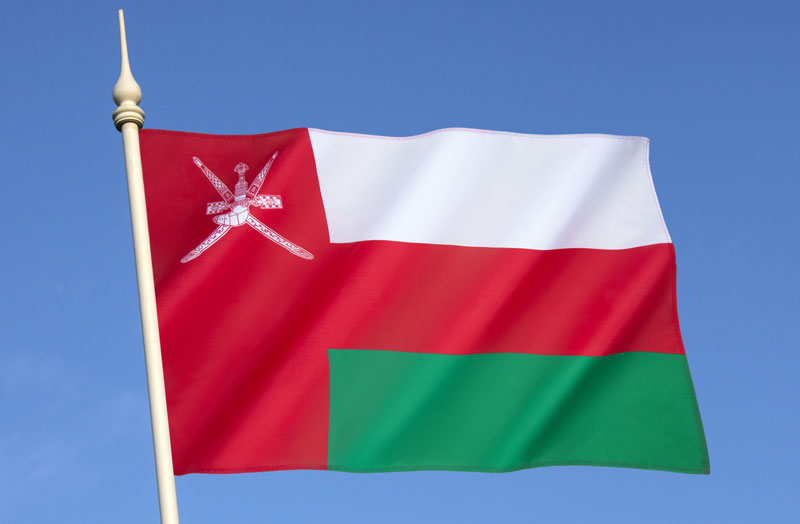
fm.gov.om
Oman is therefore planning to be the first country in the gulf cooperation council countries to introduce a personal income tax which is a new development in the gulf region. They said that the current Oman’s draft law stipulated by the State Parliament in July this year is high expected to be endorsed by the State Council as the last step.
Among the highlighted taxes, there is a levy of between 5% and 9%, which is implemented differently depending on Omani citizens and expatriates. The following tax rates have been proposed: Omani citizens with net foreign income more than one million USD, there will be the standard 5% tax. While incomes up to $100000 will be exempt from taxation, expatriates will be taxed on any income more than this amount, a growing that may spark jealousy from other countries in the gulf region.
While other GCC countries may be affected by Oman’s initiative, the most probable reaction at the moment is not going to be immediate emulation. According to Mazen Salhab, chief market strategist—MENA at BDSwiss, Saudi Arabia and the United Arab Emirates are listed among countries that have no plans to introduce income taxes at the moment. The competition could arise especially in the area of attracting skilled expatriates, international talents and global businessmen which could be a weakness compared to the neighboring countries with tax free provinces.
As a result, the rationale behind Oman’s decision is fairly clear. Similarly Bahrain, Oman has faced a problem of high debt, public debt to GDP was at the level of 69. 6 in the year 2020. Despite this, recent cuts by Sultan Haitham bin Tariq Al Said have brought this ration down to 35%, Capital Economics said.
Oman had earlier this year introduced a 5 percent value-added tax on goods and services in June in other austerity measures to boost revenues. New income tax, which is expected to contribute only 0. 2 percent to the GDP by 2026 according to Fitch ratings would also offer new stream of revenue to the government. When it comes to Oman previous attempts at austerity and measures to arrest the fiscal deterioration has paid rich dividends as it has gone from a deficit of nearly 20 % of GDP in early 2021 to a surplus of 2. 5 % in the last year.
This fiscal reform is a crucial move for Oman since it aims at the country’s diversification of the economy and the creation of the stability of the financial sector in the future.
Dubai’s real estate market showed impressive growth in September 2025, reaching sales worth AED54.3 billion…
The UAE is preparing for a massive musical moment as Sunburn Festival, Asia’s largest and…
Hollywood is no stranger to controversy, but the industry is now facing one of its…
The United Arab Emirates has cemented its reputation as one of the world’s leading tourism…
Dubai’s calendar of major exhibitions and global events is ramping up, and anyone who has…
Dubai has taken a significant leap toward its ambitious smart mobility goals with the launch…
This website uses cookies.